Are Plant-Based Diets Just Upcycled Vegetarianism?
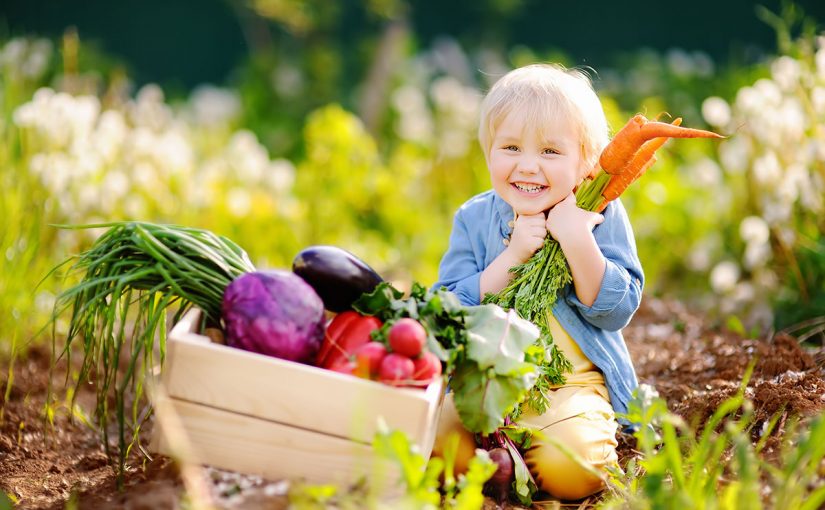
Plant-based eating has slowly become a major diet approach, and has become very popular with many of my clients. This is interesting because it’s not new. In the past it was called vegetarian or vegan. So what’s the difference this time around?
Plant-based eating is a more palatable name than vegetarianism
The main difference is just a friendly new name. Not everyone loves vegetables, but who doesn’t like plants? Plant-based eating draws on our emotional connection to the plants that surround us and make our world healthy and beautiful. We enjoy playing on a grassy field, going to the park, and being outdoors. Green spaces filled with plants represents joy. Vegetables? Not so much. Vegetables may conjure up images of overcooked spinach, or being forced to eat something that doesn’t taste good. It’s like being told what to do, and boy do we hold on to our autonomy fiercely! So, new name, new façade.
Plant-based eating is more inclusive than vegetarianism or veganism
The other reason plant-based eating has become so trendy is because it’s based in plants, which infers that it’s not plants only. I can still eat meat and dairy. Based means I get to choose other foods. It’s like when people would tell me “I’m not 100% vegetarian — more like lacto-ovo-pescatarian.” Plant-based maintains the healthy focus on plants, while being easier to understand, less rigid to follow and, often, less of a mouthful to describe.
Plant-based eating has plenty of scientific backing
And one of the main reasons Plant-based eating has become so mainstream is because of the science behind it. From the famous book The China Study (which has no relationship to China at all), to the recent WHO (World Health Organization) healthy diet guidelines, to recommendations from organizations like the American Heart Association, the American Cancer Society, and the American Society for Cancer Research, there is a growing body of published studies, recommendations, and articles about the health benefits of plant-based diets and the risks associated with excess red processed meats.
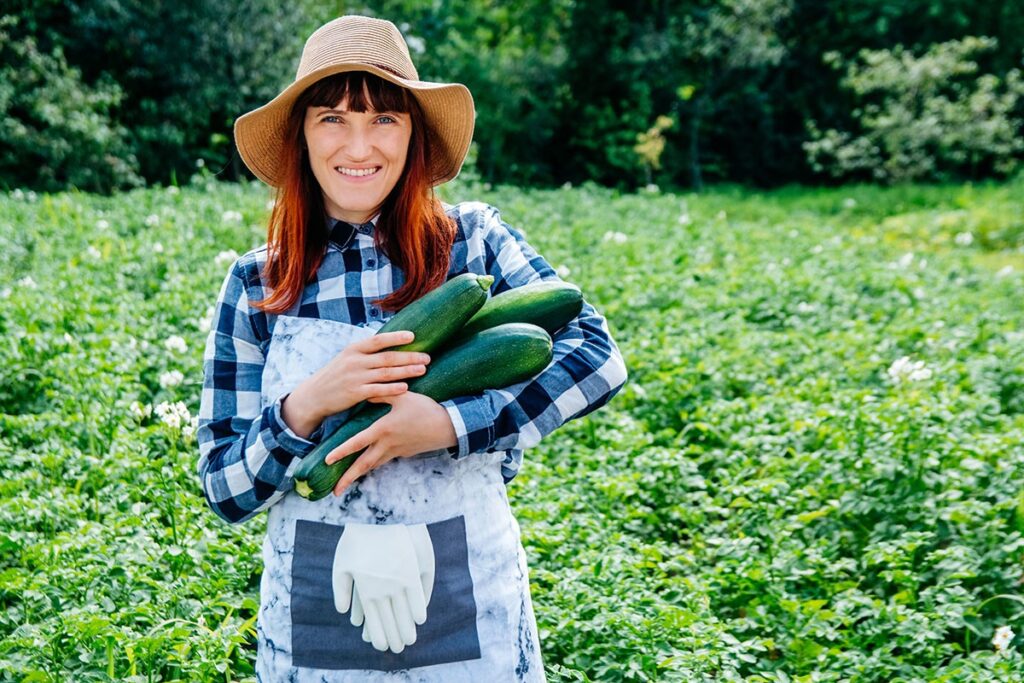
So, let’s look at some of the pros and cons of going Plant-based.
8 benefits of adopting a plant-based diet
- Plant-based diets are generally more environmentally sustainable than meat-based. Plant production typically requires: fewer resources; fewer chemicals such as antibiotics, pesticides, herbicides and artificial fertilizers; less overall waste; less water than to grow animal feed and maintain clean facilities; less fuel to transport and refrigerate.
- Plant production can be at any scale, offering local, sustainable options as well as large-scale operations.
- Plant-based diets can feed people easier and faster. Operations can get food to table in weeks or months vs. years for animal meat.
- Plant-based eating is less expensive. Animal meat is one of the most expensive grocery items.
- Plant-based eating is healthier overall, with less saturated fat, a lower cancer risk, a generally heart healthier profile, easier digestibility, a greater variety of vitamins and minerals, and much more fiber.
- Plant-based eating has less moral impact by not killing animal or contributing to their poor treatment.
- Plant-based diets offer a wealth of diversity and variety.
- Plant-based diets, being trendier, may feel more socially appropriate. The greater the number of people going plant-based, the stronger the societal pressure for others to change.

8 things to consider before going plant-based
- Shifting tastes can be challenging. People who have grown up eating meat may feel deprived, and can end up using more meat or umami-tasting substitutes, which are often not as healthy and defeat the purpose of going plant-based.
- Cutting out meat altogether means losing a high-quality protein source. While one can still get plenty of protein and amino acids from plants, depending on your physical or health state, you may not be getting enough of the higher-quality amino acids necessary to maintain health all the time. Again, I emphasize, all-the-time.
- Cravings can kick into high gear. Cravings for meat may intensify, but also cravings for other satisfying foods. Often when people give up a specific food or nutrient, there is the tendency to make it up elsewhere. I have had plenty of obese or unhealthy vegans.
- Adopting any specific eating plan can lead to rigid dieting rules and disordered eating patterns. Going plant-based can introduce or reinforce rules that inspire, restricting, avoiding, or binging.
- Choosing a different diet can be socially isolating. I remember when I was studying to be a dietitian and I went out to eat with some of my martial arts buddies, and I “couldn’t” eat certain foods because they didn’t fit my “plan.” After a while, most of my buddies just stopped asking me to join them because I was a pain. In many cases, people just stop hanging out with their friends because of the new diet rules.
- When large numbers of people switch eating patterns, it can be environmentally challenging. In some cases, producing more plant-based foods may require more land, more water, more waste, and more petroleum to feed enormous populations.
- Plant-based eating can mean consuming more carbs. All plants are carbohydrates, and when we start processing them to make them more palatable, it concentrates the carbohydrate content, making it more difficult for us to manage blood sugars.
- Similar to the above point, when the food industry jumps aboard a trend, they can end up offering over-processed and reduced-quality options. You can start with a healthy plant, but if the quality, nutrients, and health benefits are obliterated in the processing and packaging, then you are still eating unhealthy foods — which defeats the purpose of going Plant-based in the first place.
How do I change to a Plant-based diet?
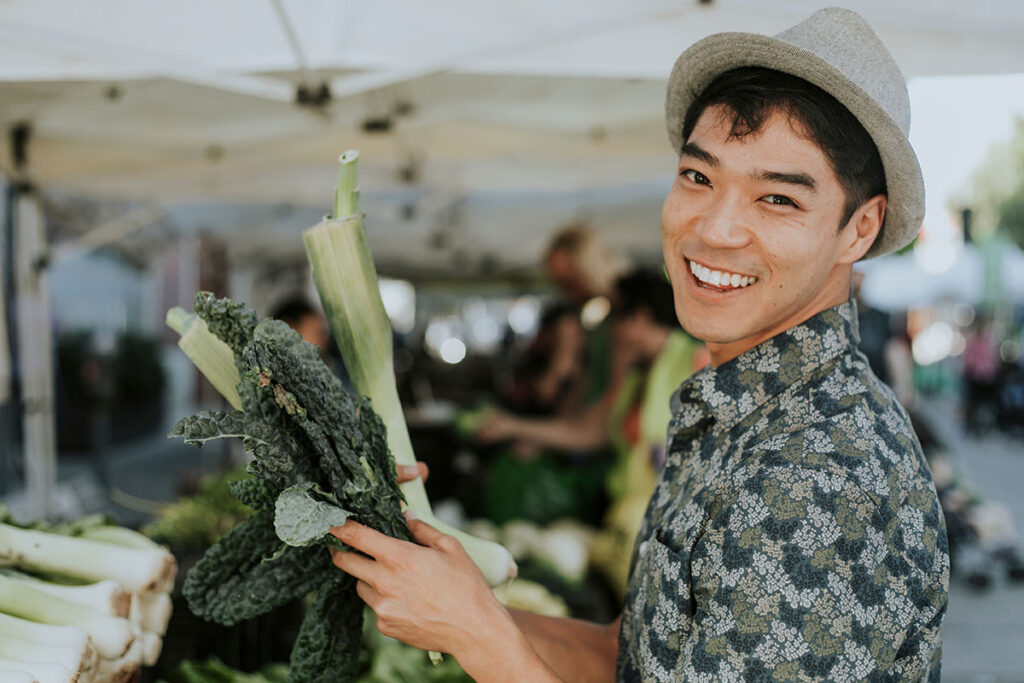
- Just do it! Yup, I stole that famous Nike marketing line, but it’s so true. A major reason why people don’t change is because they get stuck at the starting line. Get going and you can work out the pieces as you go. The list below will give you a good guide to getting you started.
- Choose 4 days each week to go Plant-based. One of the main reasons diets don’t last is because, right from the beginning, people go all-in, 100%. This approach may be too difficult and disrupt your life … then cravings or mistakes will knock you back to the old you. Remember, it takes at least 21 times of doing something new for it to become a habit.
- Plan and Prep. Look up 3-4 recipes, know what days you’ll make them, and choose simple options at first. Go shopping and start preparing some simple meals. You can always add other recipes later, but start small.
- Commit to it. Have that unwavering faith, and commit to yourself that this is going to be for the rest of your life. This is a lifestyle change that you can get behind, but know there will always be challenges, barriers, and roadblocks that will get in the way. If you’re committed, you can work through it!
- Find support. Find a Registered Dietitian Nutritionist, your partner, a friend, or a family member to join you. That person can be your accountability partner, as long as they are not nagging. This person (or group) will challenge you with positive reinforcement and constructive feedback.
If you’re ready to switch to plant-based eating, we can help you find the right approach to fit your lifestyle, and get you started on your new way of life. Book an appointment with us today!
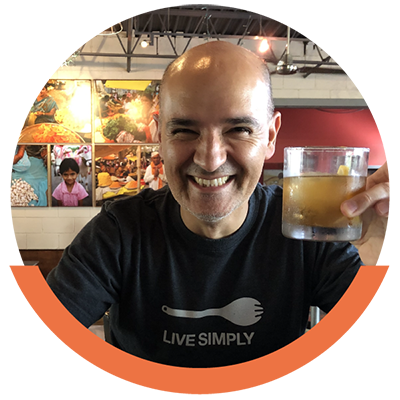
Hi, I am David Orozco
For over a decade, I've built a successful nutrition practice helping thousands of people thrive by breaking the cycle of crazy diets.
Everything I do—in my blog, in my book, and at Orozco Nutrition—is about helping people take one small bite at a time to transform their health and develop a positive relationship to food.
Are you with me? Let's chop the diet mentality, fuel your body, and nourish your soul.
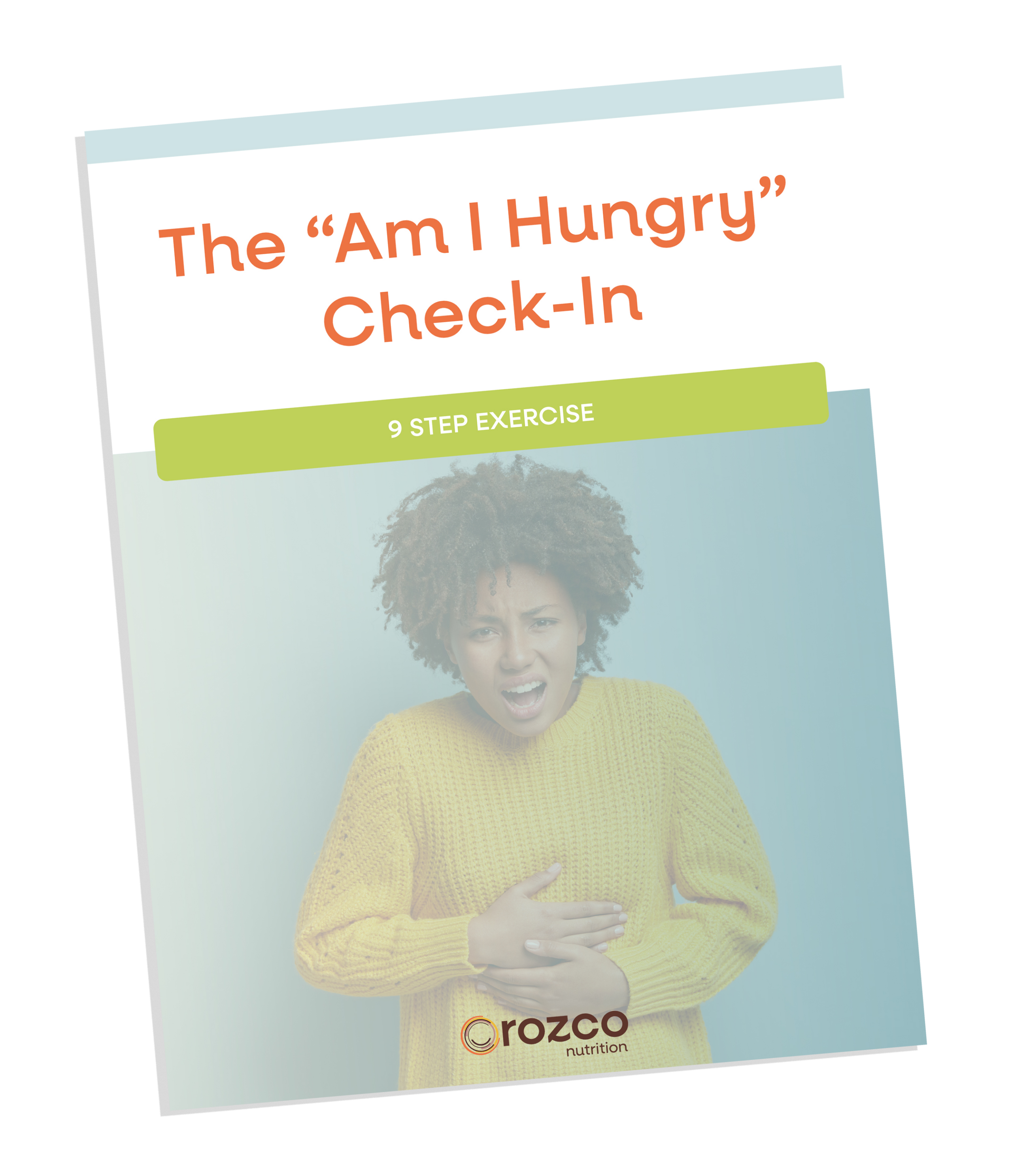
Learn How
to Explore
Your “Hunger”
With the help of this free download, you can begin to learn to better understand your hunger, fullness and find your satisfaction with food.
Let’s Get Started
Whatever your unique situation, we look forward to working with you to set realistic goals, develop a workable action plan, and help you ALIMENTAR and FEEL GOOD.
Schedule a free, no-obligation 15-minute call now.

